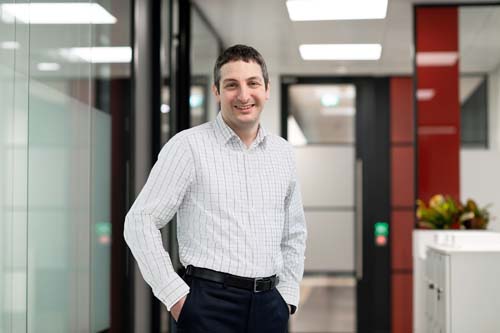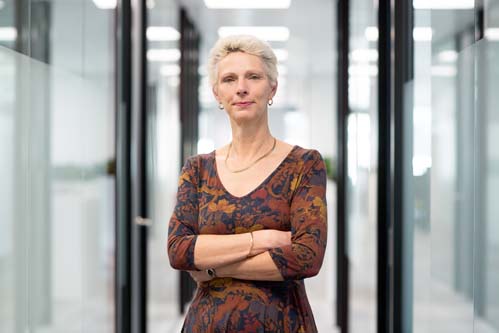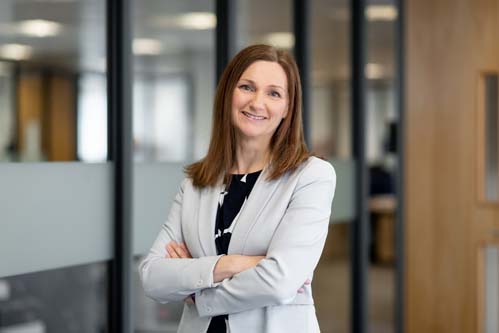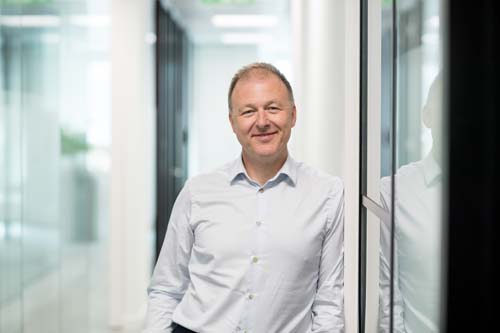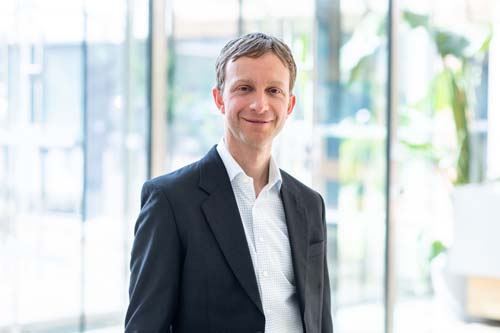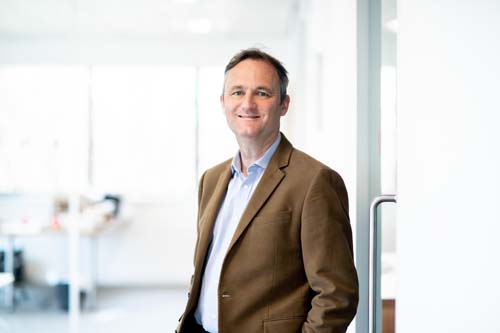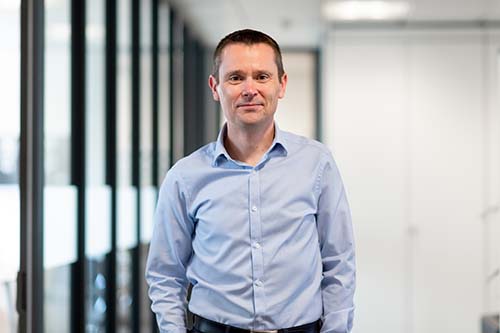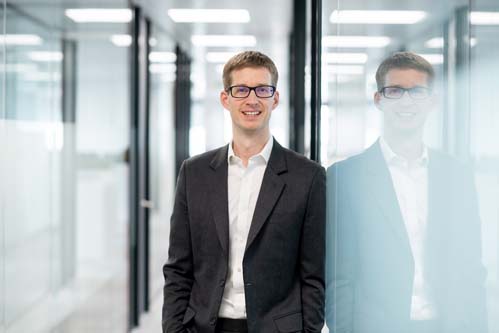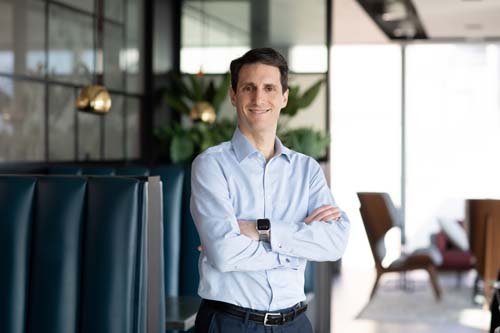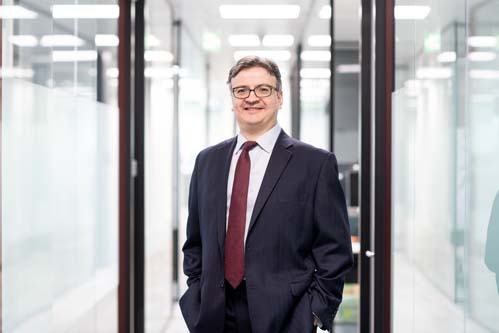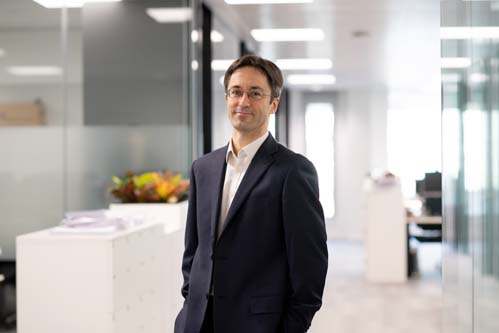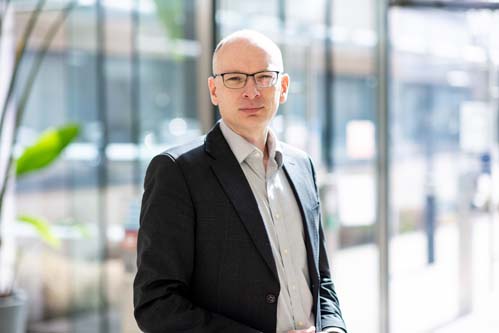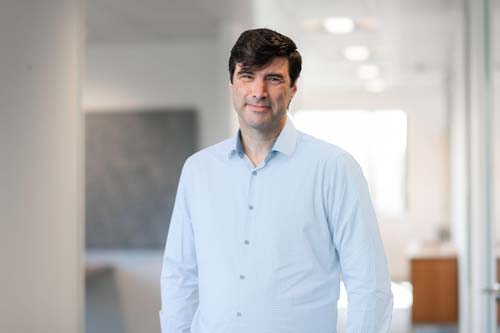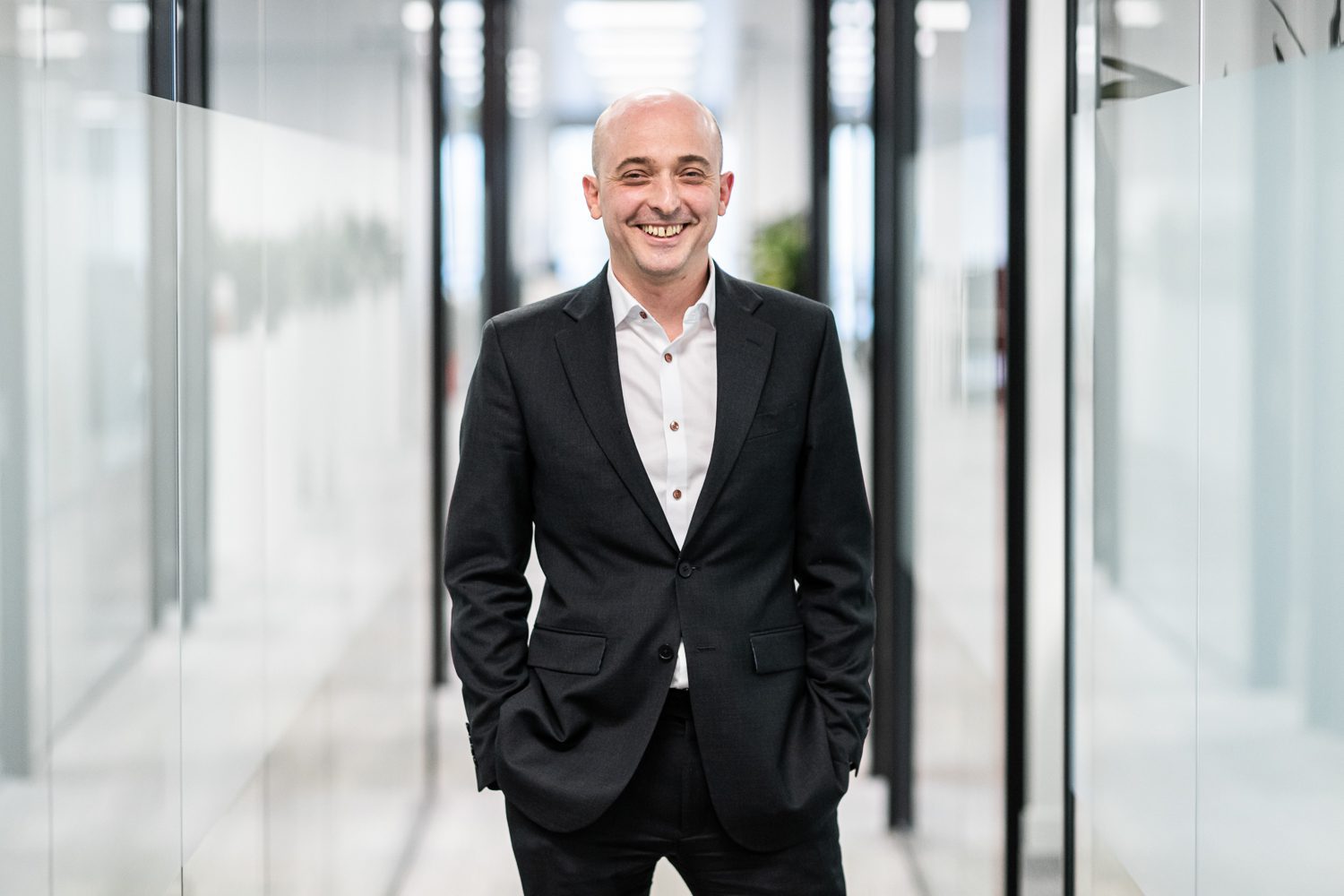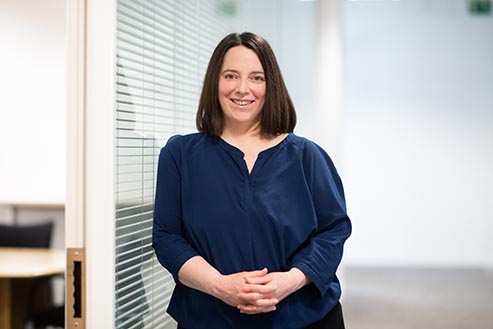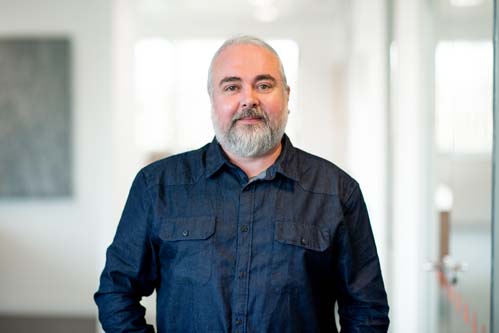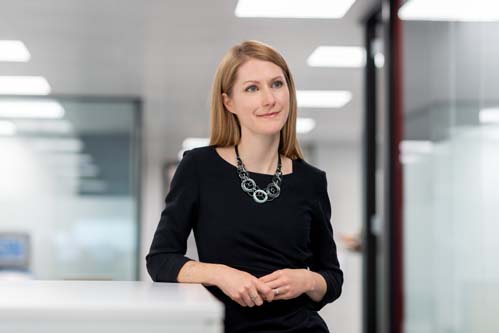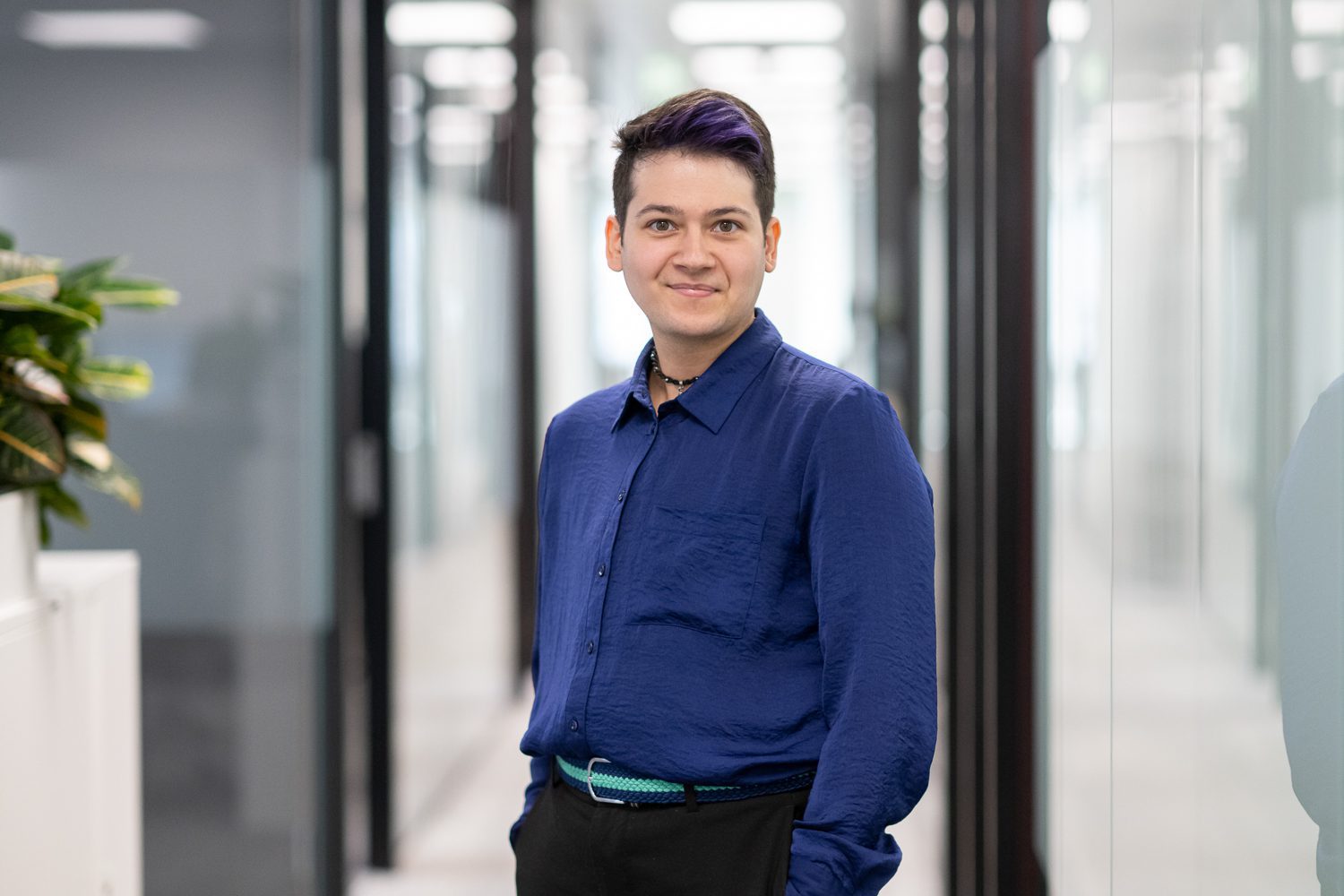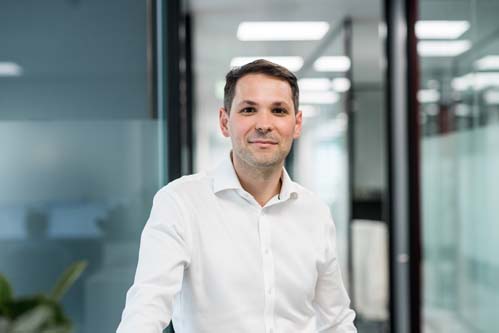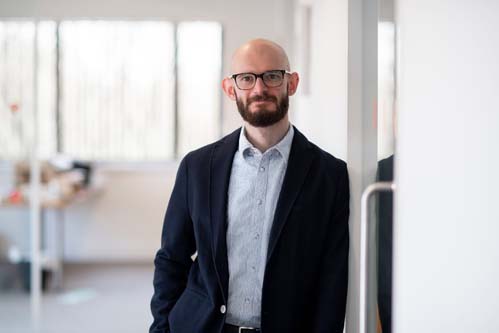Electronics are ubiquitous in the modern world, so this sector inevitably covers a wide range of commercial, scientific, engineering and industrial areas. At Boult we are engaged across the whole range of disciplines, from scrutinising details of tiny individual electronic components, through optical image sensors, microprocessors and data processing hardware. We also advise across consumer goods, scientific and industrial instrumentation and systems implementation in vehicles on land, on water, in the air and – of course – in space.
Innovation in electronics and electrical devices often focuses on processing more data, more quickly, utilising less power, or storing more information, while attempting to dissipate as much of the associated generated heat as possible. In the broader sector, issues of improved sensing performance, better response or control, or just better reliability may be key.
In the electronics components and devices industry, seismic shifts in methodology are rare. Instead, innovation tends to take the form of continued, incremental improvements. That forward progress, however small, is nevertheless critically important – even tiny changes can have a huge impact when applied to the millions of operations across the lifetime of a component or device. Very subtle changes to semiconductor layers, properties and structures can result in considerably improved electrical efficiency. Likewise, even a minute reduction in heat production could improve the performance and lifespan of a device markedly. With the margins of innovation in electronics devices being so fine, securing as wide-reaching protection as possible for IP can be vital.
Our clients range from electronics-specific innovators to clients in other industries whose products include electrical and opto-electrical aspects. Different clients can take very different approaches to, and have very different aims for, their electrical products. For mass-produced, consumer products that could be ensuring cost-efficiency and design stability: it’s difficult and expensive to alter a design when it is being produced hundreds of thousands of times over. In scientific and industrial instrumentation, innovations often focus on a synergy between improved sensing hardware and innovative data analysis and interpretation. In larger systems such as vehicles, or in complex robotics, wearable tech and electronics-heavy medical devices, initial aims may often be to achieve some completely new functionality, with lengthy design and implementation processes then refining performance, reliability and manufacturing processes.
The electronics and electrical devices team
Our team works with leading clients across industry, from semiconductors suppliers to software developers, covering everything from chip design to circuits and instruments, and from power generation to consumer product development. Although the middle ground for IP in this spectrum generally draws on a science and engineering skillset, we have the specialisms in-house to support on the intricacies of the industry, whenever our clients require it. For example, aspects of semiconductor design may require us to work with our market-leading chemicals teams, and certain software may require a physics-based approach.
We are trusted by our clients to support their specific and unique requirements. Our work in the electrical and electronic industries relies on applying highly specialised knowledge to products in often quite niche specialisms – from electronic devices, to software, to high-precision scientific and medical devices. This requires an in-depth understanding of the science behind complex client IP, something we pride ourselves on providing.

